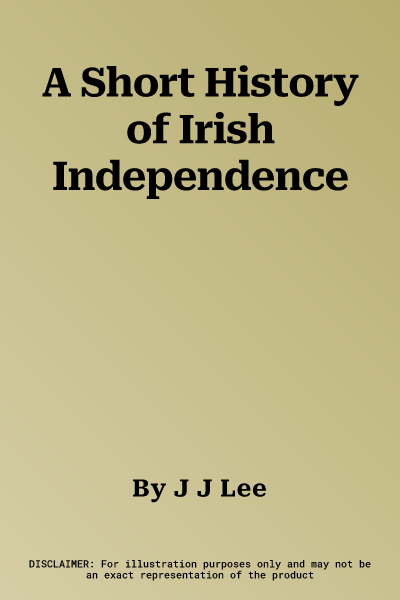The history of modern Ireland has been one of both struggle and hope.
The struggle, first to establish a nation independent of Britain and
then to define what it represents, is one that continues to animate
politics and society at home, as well as abroad, among the Irish
Diaspora (especially in the USA). Though it is a struggle that still
bears the traces of sectarianism, it is leavened by the ongoing
hopes-both north and south of the border-of a lasting settlement in
Ulster. Charting those large, iconic moments of the Irish narrative,
award-winning historian J. J. Lee encompasses many momentous events,
such as the founding of the Fenians (1858), C. S. Parnell's campaign for
Home Rule (from 1877), the Easter Rising (1916), occupation of the
Dublin Custom House (1921), the death of Michael Collins (1922) and the
rise of Éamon de Valera against the surging tides of stronger currents:
whether that is the Great Famine, the War of Independence, or the bitter
Civil War between pro-and anti-treaty factions of the IRA. By revealing
the underlying forces beneath Ireland's turbulent history, Lee offers a
masterful portrait of the Irish story.

